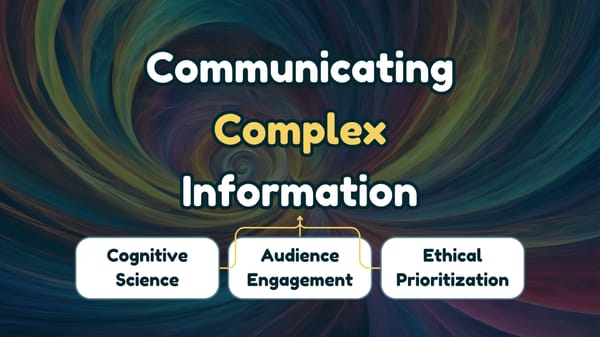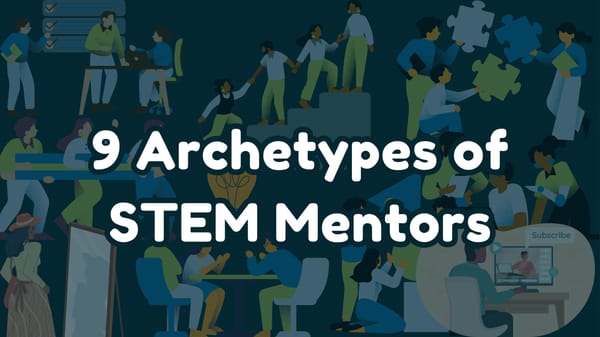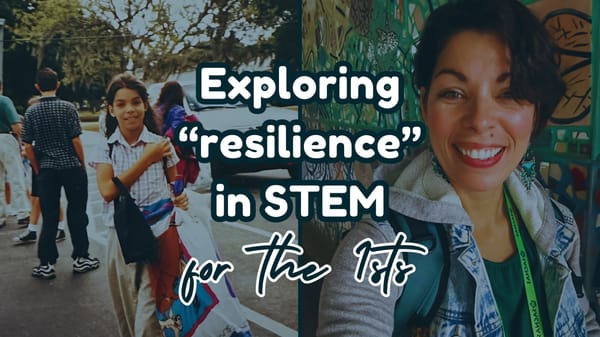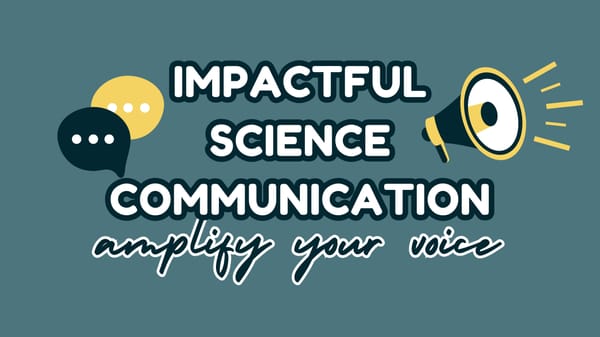TL;DR
This editorial from Translational Issues in Psychological Sciences introduces each article selected for an issue on intersectionality for its contributions to theory and/or methods.
The articles in this issue collectively represent how intersectionality can animate translational science in psychology. Through a range of empirical and conceptual articles, including experimental, quantitative, and qualitative research from across the discipline, these articles link psychological inquiry to applied social issues by way of intersectionality. (Velez et al., 2020, p. 6)
The editorial is not only very informative as to the state of intersectional research in psychology but also provides an excellent example of the value a well-written editorial can bring to readers by outlining how and why the articles were selected for an issue and providing the necessary context for the time in history during which these articles were published (2020).
Summary
The editorial starts with a helpful definition of intersectionality:
Intersectionality is an analytic tool for studying and challenging complex social inequalities at the nexus of multiple systems of oppression and privilege, including race, gender, sexuality, social class, nation, age, religion, and ability. (Velez et al., 2020, p. 2)
Intersectionality, a term coined by Kimberlé Crenshaw (1989, 1991) and Patricia Hill Collins (1990/2000), is a critique of institutional violence that highlights the unique forms of discrimination and harm experienced by women of color, particularly African American women.
Psychologists such as Oliva Espín (1993), Aída Hurtado (1989), and Michelle Fine (1992 have been advancing intersectional ideas and methods for decades, inspiring new scholars to use psychological science for collective liberation and social justice.
Throughout the issue, the following factors were used to determine which articles were selected for publication:
- Responsible citation practices reflecting the origins of intersectionality in Black feminist thought and scholar-activism for women of color,
- Analyses that reflect intersectionality's commitment to reflexivity and structural critique by progressing beyond describing multiple social identities to recognize the systemic design and presence of oppressive social forces and
- Articles that prioritize social justice concerns and epistemic assumptions foundational to intersectionality by advancing implications to systems-level interventions.
Together, these qualities embody differentiation advanced by Dill and Kohlman (2012) and Shin et al. (2017), emphasizing intersectionality is more than analytical, empirical rigor as it is focused on the advancement of critical justice.
Notably, the articles included in this special issue are far less about debating the meaning and uses of intersectionality than about demonstrating its analytic contributions to psychological science. (Velez et al., 2020, p. 6)
This got me thinking...
More than anything, this excited me to read the different articles published within the issue (a quality of a successful editorial, it seems!). The table below offers a few of the papers I am most excited to read with a DOI and summary from the editorial:
- Albuja et al. (2020) - Albuja et al.'s 2020 study focuses on biracial individuals who belong to two minority groups within a single system, such as race. The authors highlight the unique stress and challenges faced by these individuals when questioned about their racial identity, especially when they cannot claim a high-status White identity. The authors' extension of current thinking on intersectionality has implications for how individuals are categorized and studied based on their race and ethnicity, and the inclusion of intersectionality in psychological research.
- Huffman et al. (2020) - The study by Huffman et al. (2020) emphasizes the significance of considering LGB identity, gender identity, and religious-spiritual identity when examining emotional well-being and life satisfaction. In response, Velez et al. suggest intervention strategies at both individual and cultural levels, providing a framework for approaching mental health from an intersectional perspective.
- Coles and Pasek (2020) - In describing the paper by Coles and Pasek (2020), the editorial mentions how the degree of differentiation between social groups offers a new tool for researchers to use in examining intersectionality.
What do you think? Worth a read?
A musing
In the editorial, the word “foremothers” was used, and seeing this term in writing filled me with joy and hope for the future of social justice, as did this quote:
In the middle of pandemic, in a time of racial crises, and in an era of political polarization and overwhelming uncertainty about the future, intersectionality offers psychology a way of thinking otherwise and imagining justice beyond the limits of the present. (Velez et al., 2020, p. 10)
Next: Do you take notes 📝, or do you build knowledge? 🧠
Discover the power of zettelkasten - a note-taking system to support knowledge building. Learn how to cross-pollinate your ideas systematically.
Click to Access ➡️About Cuvette Collective:
Cuvette Collective represents a community of educators and scientists dedicated to empowering the societal impact of STEM research.
We provide tailored tools, strategies, and insights to help scientists craft authentic, impactful broader impact plans that align with NSF priorities and their research focus.
Our engaging blog posts, interactive resources, and personalized consulting services support researchers in leveraging their scientific expertise to make a meaningful difference in society.
How to get involved:
1️⃣ Subscribe to our blog for the latest tips and insights.
2️⃣ Apply to participate in the Broader Impacts Excellence Program.
3️⃣ Reach out and let us know how we can help to enhance your broader impacts efforts.












Member discussion